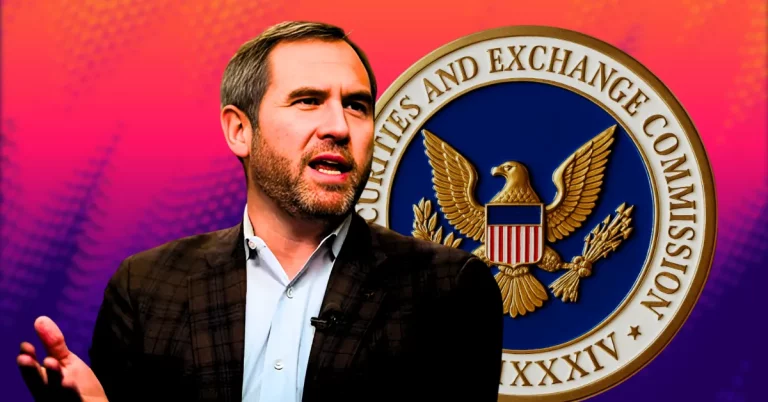United States President Donald Trump has reignited a significant legal battle over the removal of Federal Reserve Governor Lisa Cook in a high-stakes move that coincides with a pivotal Federal Reserve interest rate decision slated for this week. This unfolding controversy raises questions about the limits of presidential authority, the independence of financial institutions, and the broader implications for the U.S. economy.
Trump’s Appeal: A Renewed Push
On Aug. 25, Trump sought to remove Lisa Cook from her position, citing “deceitful and potentially criminal conduct” related to mortgage agreements. Specifically, he alleged misrepresentations in the loan documents for Cook’s Atlanta property. However, Cook challenged these claims, asserting that her termination exceeded presidential authority and violated her due process rights. A court ruling on Sept. 9 blocked Trump’s action, but the administration has now appealed against the injunction.
The contested case underscores a broader debate over the scope of presidential removal powers, with Trump’s legal team arguing that removal “for cause” is a discretionary power vested in the president and not subject to judicial review. “When a statute gives a power of removal ‘for cause,’ without any specification of the causes, the removal decision is a matter of discretion,” his team stated.
New Evidence Shifts the Narrative
Adding intrigue to the complex legal battle, newly surfaced evidence appears to contradict the Trump administration’s claims of mortgage fraud. According to an NBC report, a May 2021 loan summary asserts that Cook properly categorized her Atlanta property as a second home, contrary to claims that it was misrepresented as a primary residence. This revelation potentially undermines the administration’s arguments, shifting the case’s dynamics significantly.
Impact on the Federal Reserve and Economic Sentiment
Trump’s legal appeal comes just days before the Federal Reserve faces a key decision on interest rates, which markets widely anticipate will result in a 25-basis-point cut. This would mark the first rate reduction since December 2024, with current CME futures markets indicating a 96.4% probability of such an adjustment. Despite speculation, economic analysts suggest multiple cuts before the year-end are unlikely.
The rate decision arrives against a backdrop of record highs in stocks, gold, and Bitcoin prices, painting a complex picture of economic conditions. As financial institutions brace for the Fed’s next move, the controversy surrounding Cook’s removal has added another layer of unpredictability to the U.S. economic landscape.
Spotlight on Leadership and Future Changes
Meanwhile, speculation is mounting over leadership changes at the Federal Reserve, with BlackRock executive Rick Rieder emerging as a potential successor to Jerome Powell when his term ends in May. If Rieder assumes the role, his policies and leadership style could usher in a new chapter for the Fed during a critical economic period.
Personal Finance Tip: Secure Your Future
In light of ongoing interest rate adjustments and economic uncertainties, consider diversifying your portfolio. For instance, a platform like Acorns can help beginners and seasoned investors alike round up their everyday purchases into savings or investments. Planning for financial resilience is always in vogue—especially in times of market fluctuation.
Stay tuned as this legal saga evolves and the Federal Reserve’s decisions shape monetary policy and financial markets in the months to come.



